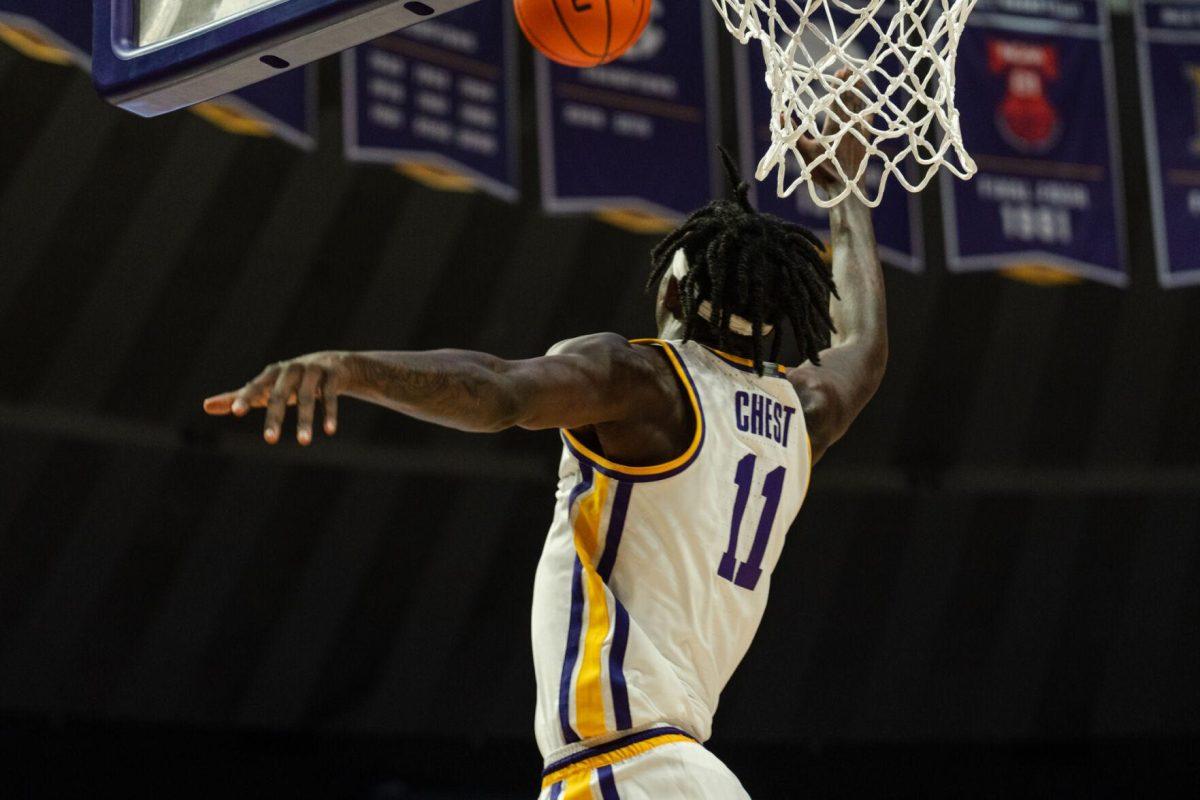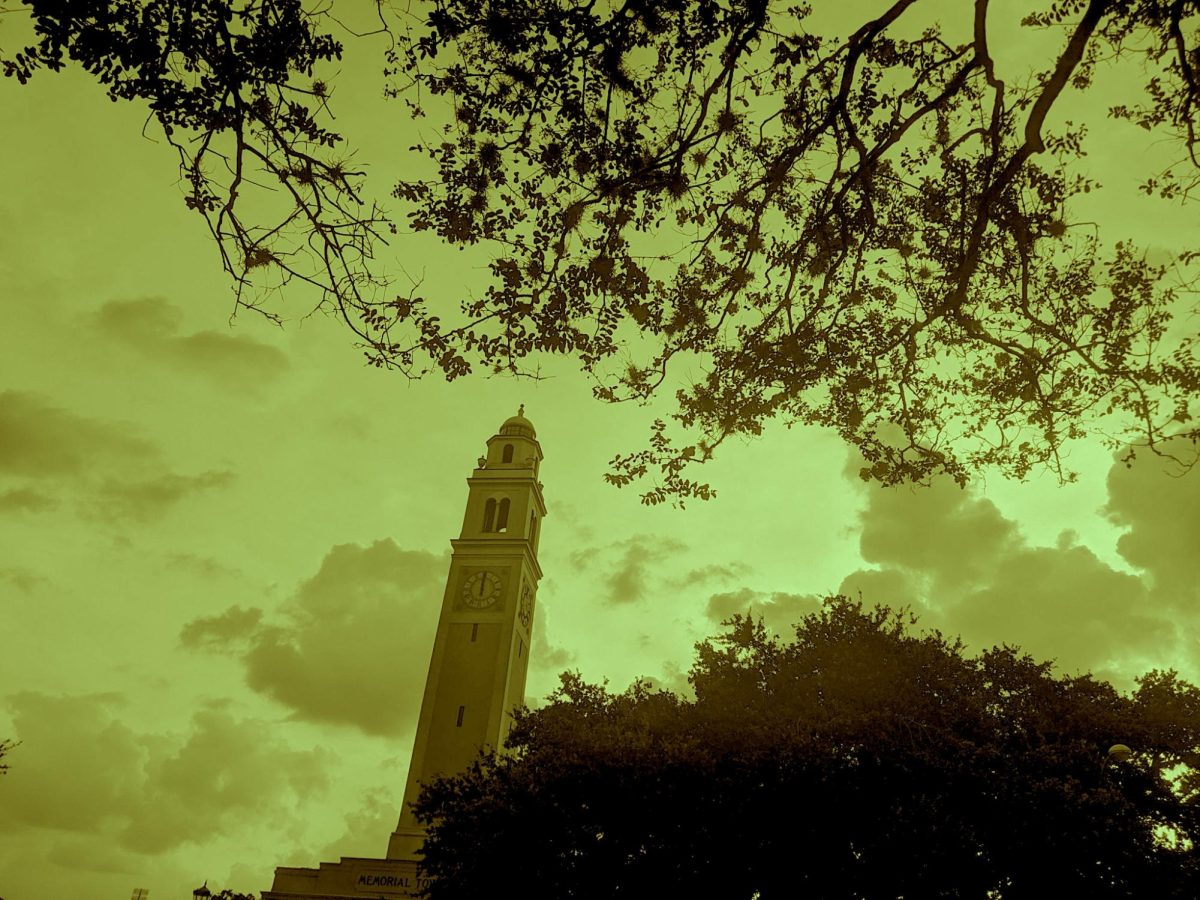Jed Horne, author of “Breach of Faith: Hurricane Katrina and the Near Death of a Great American City,” told the class of 2011 they have a great opportunity for applied learning through service during the reconstruction of New Orleans, as the two-year anniversary of Hurricane Katrina’s landfall on Wednesday approaches.
“My message to you today is simply this – that you recognize in disaster the enormous opportunity that those of us from New Orleans have come to see,” Horne said. “Shake yourself alive, study Katrina, make it part of your life, try to understand the deeper politics, try to understand the underlying aesthetics [and] the underlying ethics of life in Katrina. If the book is helpful in this process, terrific. If not, keep reading.”
Horne spoke about his book, which was selected as required reading for incoming freshmen for the Summer Reading Program, Friday morning during the Academic Convocation in the PMAC.
While examining the politics of the situation, Horne told The Daily Reveille. “[My book] kind of tried to do the whole spectrum of different agencies and issues involved,” said Horne,who was metro editor of the New Orleans Times-Picayune during the storm.
Astrid E. Merget, executive vice chancellor and provost, introduced Horne at the convocation and welcomed the new freshmen class.
“The academic convocation not only assembles us together for the first time as citizens of the LSU community [but also] the convocation affords us many kinds of intellectual, academic and social sharing experiences,” Merget said.
Horne told the students about his research and what he learned from Katrina. But he focused on calling students to serve and lead, while obtaining a collegiate education.
“I urge you to take this seriously, just as some of your predecessors here found service in this very room caring for the injured, the sick and indeed the dying,” Horne said. “You too have a golden opportunity for volunteerism.”
Horne commended students at the University and around the nation for their volunteer work in Katrina-effected areas in Louisiana.
“There were 10,000 students at spring break last year effectively doing the work of a dysfunctional government and at the same time galvanizing the situation to service and teaching a generation about the responsibilities we, as individuals, have,” Horne said.
Carlo Gulina, political science freshman, said he enjoyed Horne’s speech because it applied to his life.
“It was pretty interesting; it relates to us a lot,” Gulina said. “We’re going to be the leaders in the next decade or so, and for somebody to take action, it would be us.”
After the students broke into small groups for discussions about the book, they had an opportunity to attend a question and answer session with Horne in the Atchafalaya Room in the Student Union. But only 14 professors and faculty members attended – no students were present.
Horne said he often thinks about the grief and frustration left from the aftermath of Katrina.
“The thing to remember about a disaster – the thing I have to remind myself in moments of great frustration – is by definition a disaster takes time to recover,” Horne said. “It’s a matter of considerable time. And I think freshmen entering LSU this fall are going to be witnesses over the next four years to a remarkable transformation.”
Horne said while some students and residents have left Louisiana to seek opportunities elsewhere, many remain and go to New Orleans.
“They’ll stay here if they want the chance to really jump start their careers, to make a difference,” Horne said. “Right now you’re seeing young people flocking into New Orleans precisely because of those opportunities. New Orleans [is] a city that is uniquely receptive right now to ambition.”
Horne said ignoring the problems in the state, especially New Orleans, would be a mistake on anyone’s part.
“Don’t come to LSU and sleep through post-Katrina New Orleans,” Horne said. “I urge you to join with us to recognize that your time here coincides with an extraordinary, but deeply troubling, moment in American history.”
—-Contact Nicholas Persac at [email protected]
Summer reading author speaks to freshman
August 26, 2007





